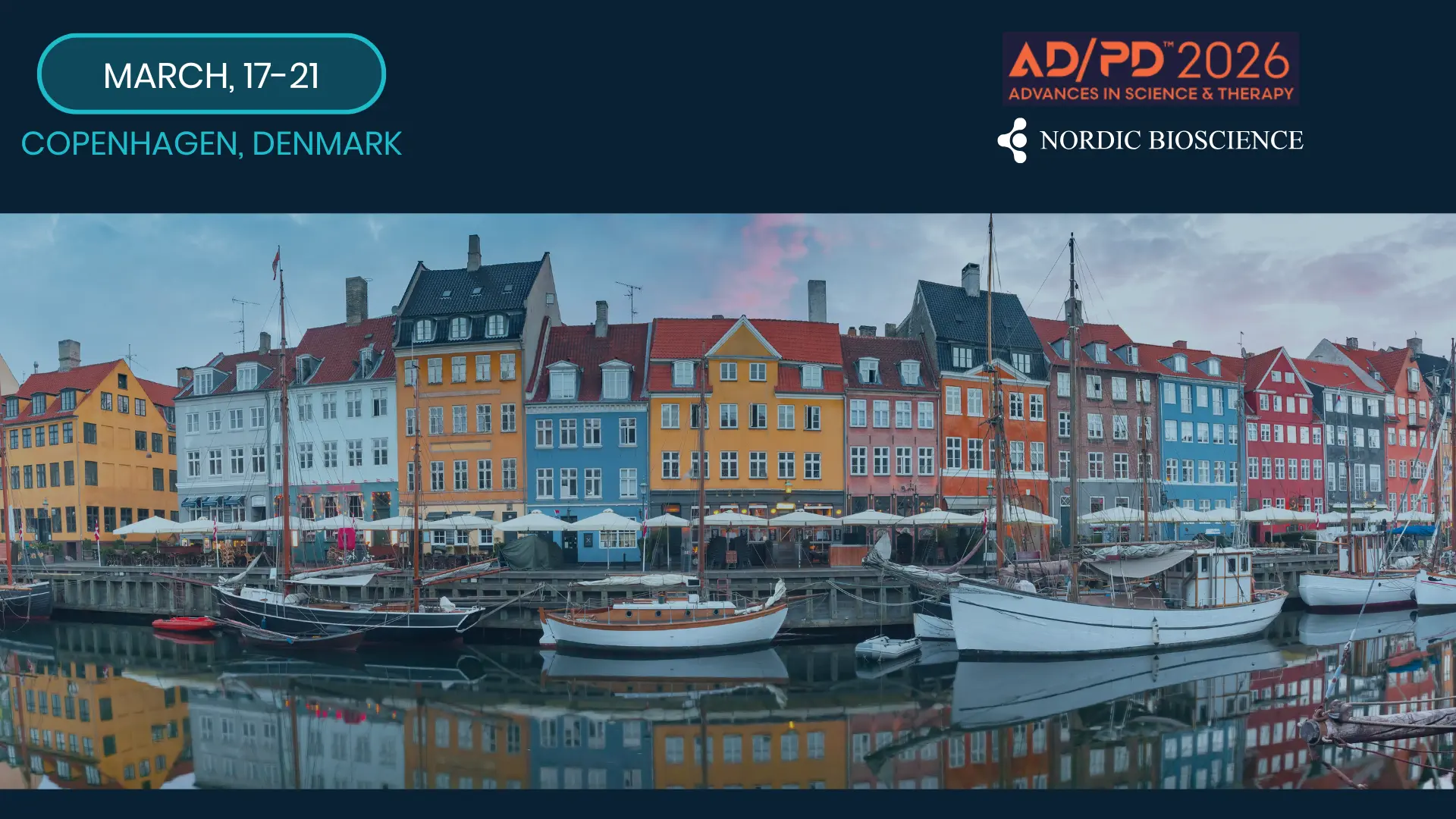Cartilage formation measured by a novel PIINP assay suggests that IGF-I does not stimulate but maintains cartilage formation ex vivo.
Abstract
OBJECTIVES
The aim of this study was to investigate the time-dependent effect of insulin-like growth factor-I (IGF)-I on cartilage, evaluated by a novel procollagen type II N-terminal propeptide (PIINP) formation assay. This was performed in a cartilage model.
METHODS
Bovine articular cartilage explants were cultured in Dulbecco’s modified Eagle’s medium (DMEM):F12 in the presence of 0, 0.01, 0.1, 1, 10, or 100 ng/mL of IGF-I. The viability of the chondrocytes was measured by the colorimetric Alamar blue assay. Collagen formation was assessed from the conditioned medium by the PIINP assay. Proteoglycan levels retained in the explants after 22 days of culture were extracted and measured by the sulfated glycosaminoglycan (sGAG) assay.
RESULTS
In the absence of stimulation, PIINP markedly decreased as a function of time (99.4%, p < 0.001). IGF-I dose-dependently stimulated collagen formation and more than 3000% (p < 0.0005) at 100 ng/mL IGF-I at day 20 compared to vehicle control (W/O). IGF-I maintained PIINP at levels comparable to that of day 1. IGF-I dose-dependently protected against proteoglycan loss.
CONCLUSION
IGF-I dose-dependently maintained cartilage formation. The current developed techniques aid the model to represent a more physiologically relevant model to test novel anabolic drugs for osteoarthritis (OA).



